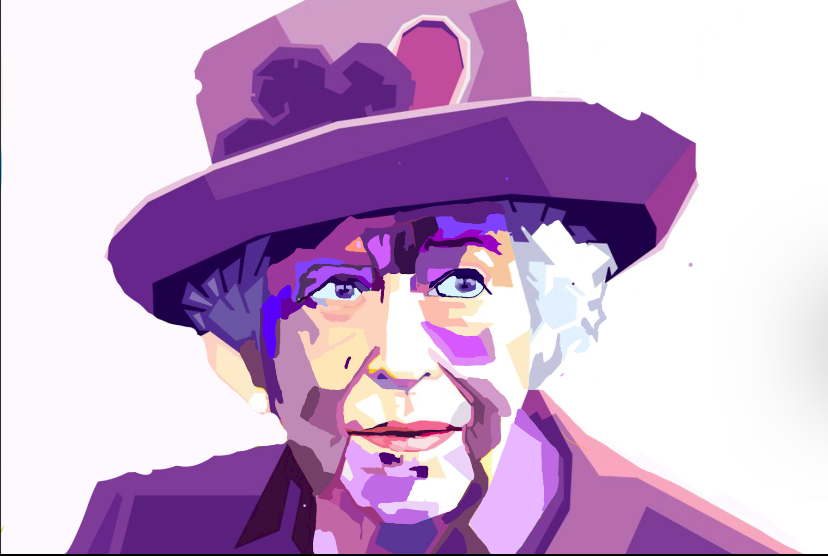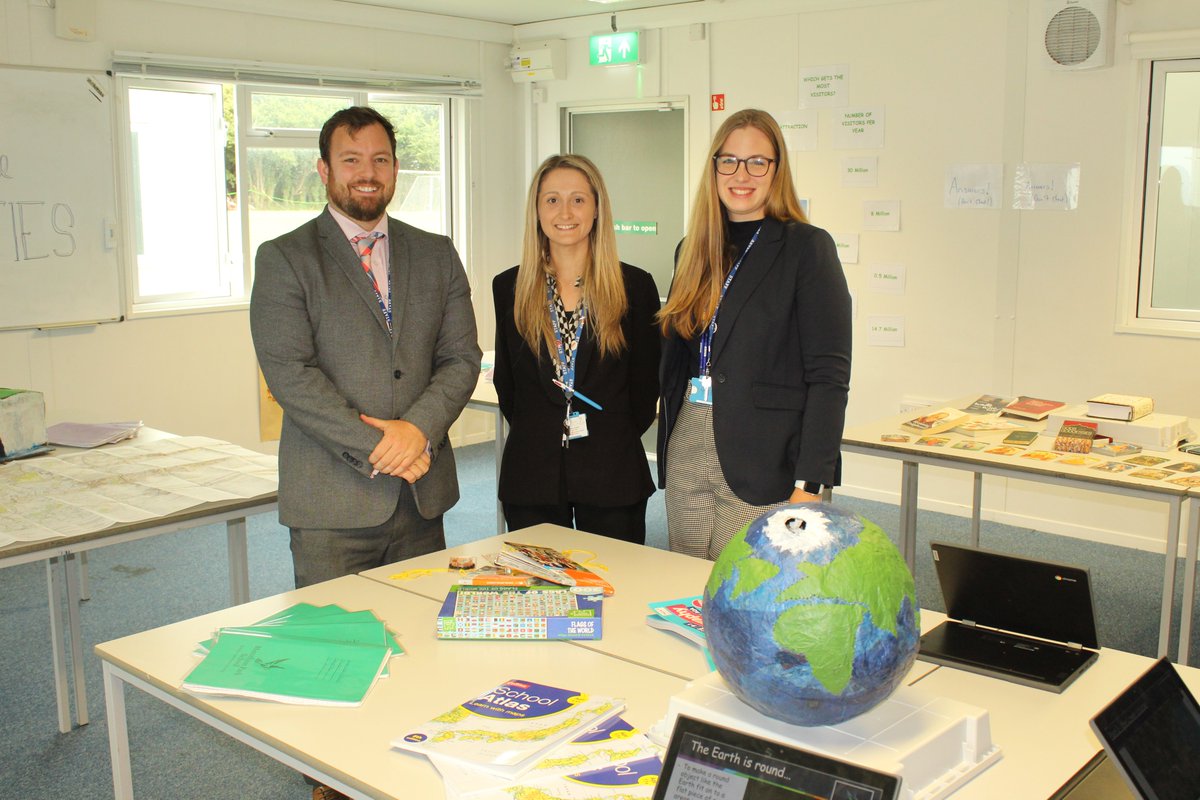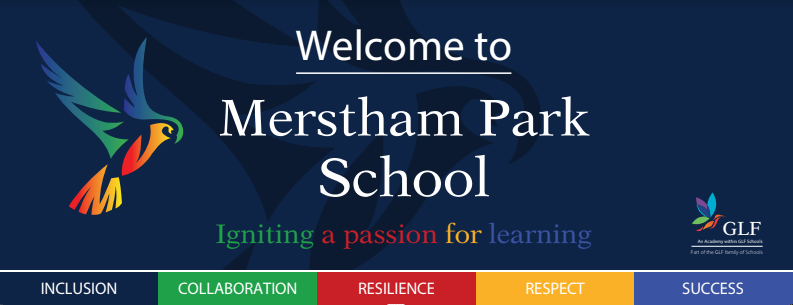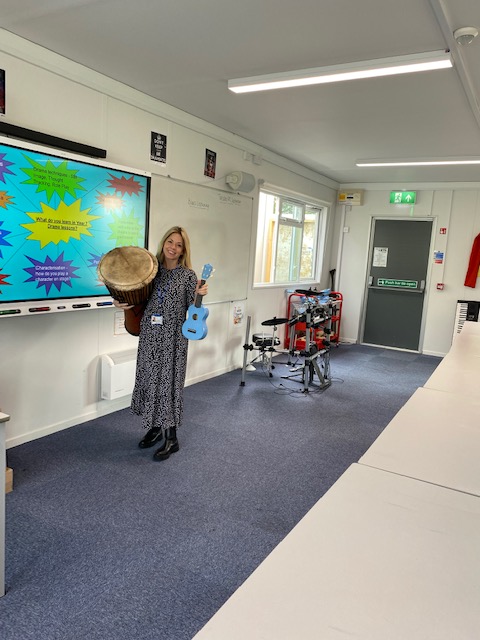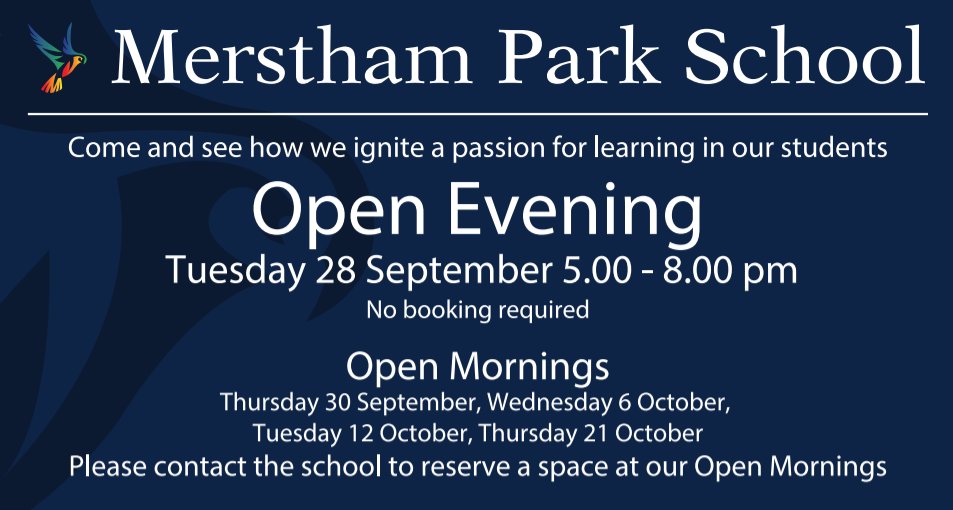Literacy and Numeracy
At Merstham Park we have embeded the following core principles to support Literacy and Numeracy development of every student:
Writing
- High expectations of the presentation of written work. “Every page is your first page”
- Provision of writing frames to assist students scaffold their own work.
- Clear modelling of writing techniques by teachers and sharing of best student practice.
- Clear strategies for planning or redrafting written work.
- Teaching of subject specific essay writing skills.
- Spelling strategies are taught explicitly in the classroom when appropriate.
Reading
Integral in developing pupils’ wider reading and reading for enjoyment is how teachers facilitate reading for meaning through using a range of teaching methods and approaches. Therefore:
- Reading material in all subjects is of high quality, up-to-date and relevant.
- Reading and deconstructing of texts (beyond reading instructions / questions) is regular throughout the curriculum.
- Reading material in all subjects is appropriate for the age and ability of the students.
- A range of Directed Activities Related to Texts (DART) activities are used to teach students to skim, scan, select and take notes from texts, as well as the skills of inference and deduction.
- All students are assessed for their reading age.
- Students with low reading ages at KS3 access regular support to improve their reading.
- Students with very low reading ages access Reading Support from the SEND Team.
- Students are encouraged to read for pleasure through the Accelerated Reader Programme.
Speaking and Listening
- Use of basketball questioning and Bloom’s Taxonomy to develop talk that questions, hypotheses, speculates, evaluates, solves problems and develops thinking about complex issues and ideas.
- Students should be challenged to redraft verbal responses and speak with conviction every lesson (failing to do this lowers expectations of oracy and encodes bad habits).
- Ensuring a range of opportunities to use the spoken word to work collaboratively with others, and express ideas, feelings and opinions.
- Create opportunities for students to listen for a specific purpose.
- Use specific strategies to ensure students learn to listen to others, and to respond and build constructively on the ideas and views of others.
Numeracy
At Merstham Park, we understand that Numeracy is not synonymous with Mathematics. All our students need to be numerate so that they can calculate in real-life situations, so that they can work logically to solve problems and so they can interpret commonly used representations of data.
Therefore, we strive to:
- Ensure that all students know their times tables up to 12 × 12.
- Recognise the importance of Numeracy in all subjects across the curriculum.
- Be proactive in familiarising ourselves with standard methods of calculating and representing data. Be proactive in ensuring that we have the necessary numerical knowledge to support students with any numerical work relevant to our subject.
- Ensure the Maths Department help to provide support to teachers who seek advice/revision.
- Ensure that numerical concepts / methods are taught with a common approach across all subjects.
- Ensure that we talk positively about ‘Maths’; the culture permeated by the media that Maths is difficult and only for a select few is very damaging to students’ mind-sets. Support parents and carers and home to use the same positive language around Maths.
- Encourage learners to think carefully when solving problems. Reminding them that the answer will not arrive straight away and that it requires deep thinking.
- Use Growth mind-set language to encourage students to be resilient.
- Verbalise our thought processes when modelling numerical concepts, and/or solving problems.
- Give students the opportunity to discuss different ways of doing a calculation that all give the correct answer. e.g. there are several different ways of thinking about calculating 24 × 5 (24 × 10 ÷ 2 , 12 × 10, ).
- Give students understanding of measures by highlighting units used and conversions between them in practical subjects.
- Raise the profile of Numeracy throughout the school promoting the use of numbers and measures whenever possible.


